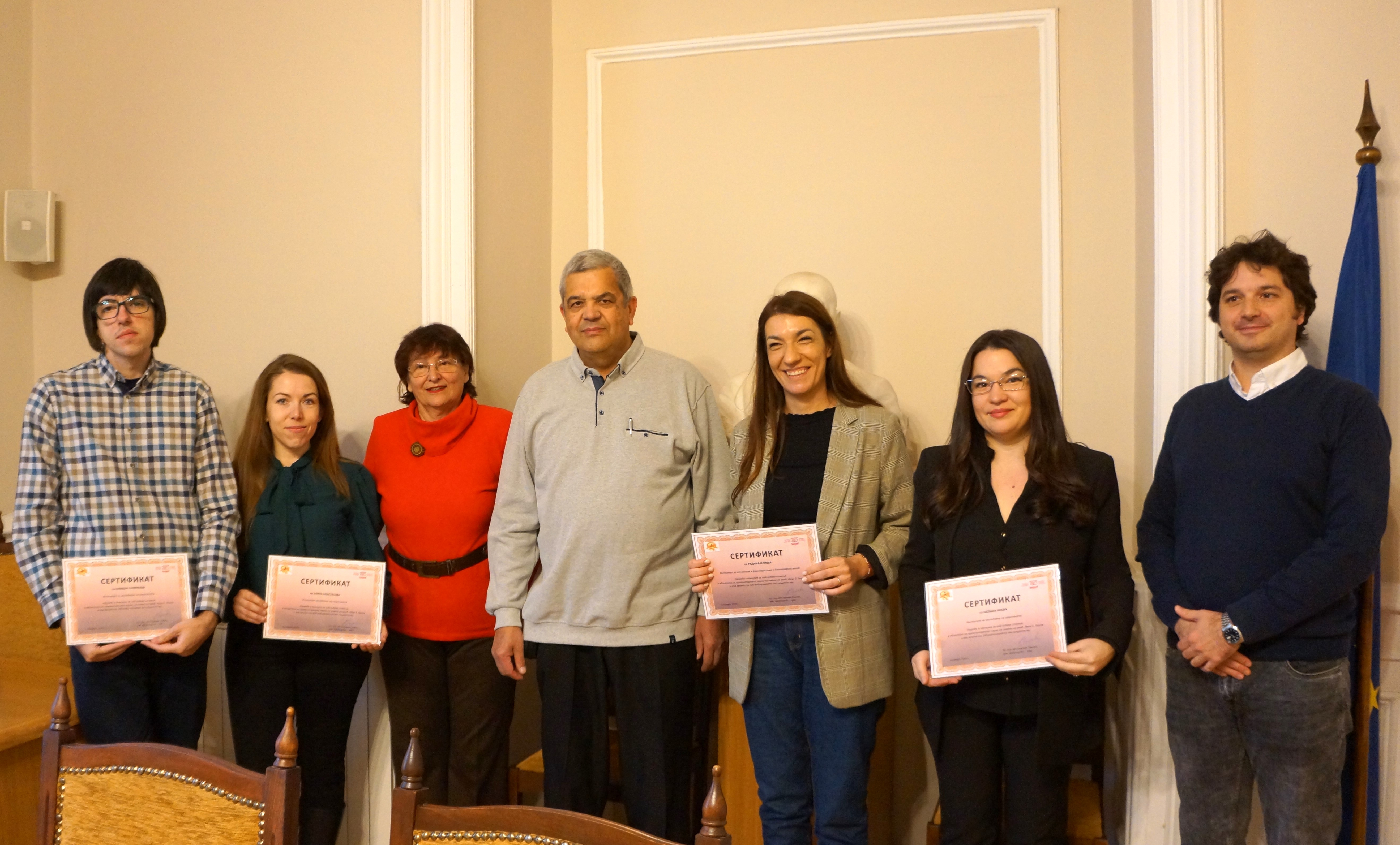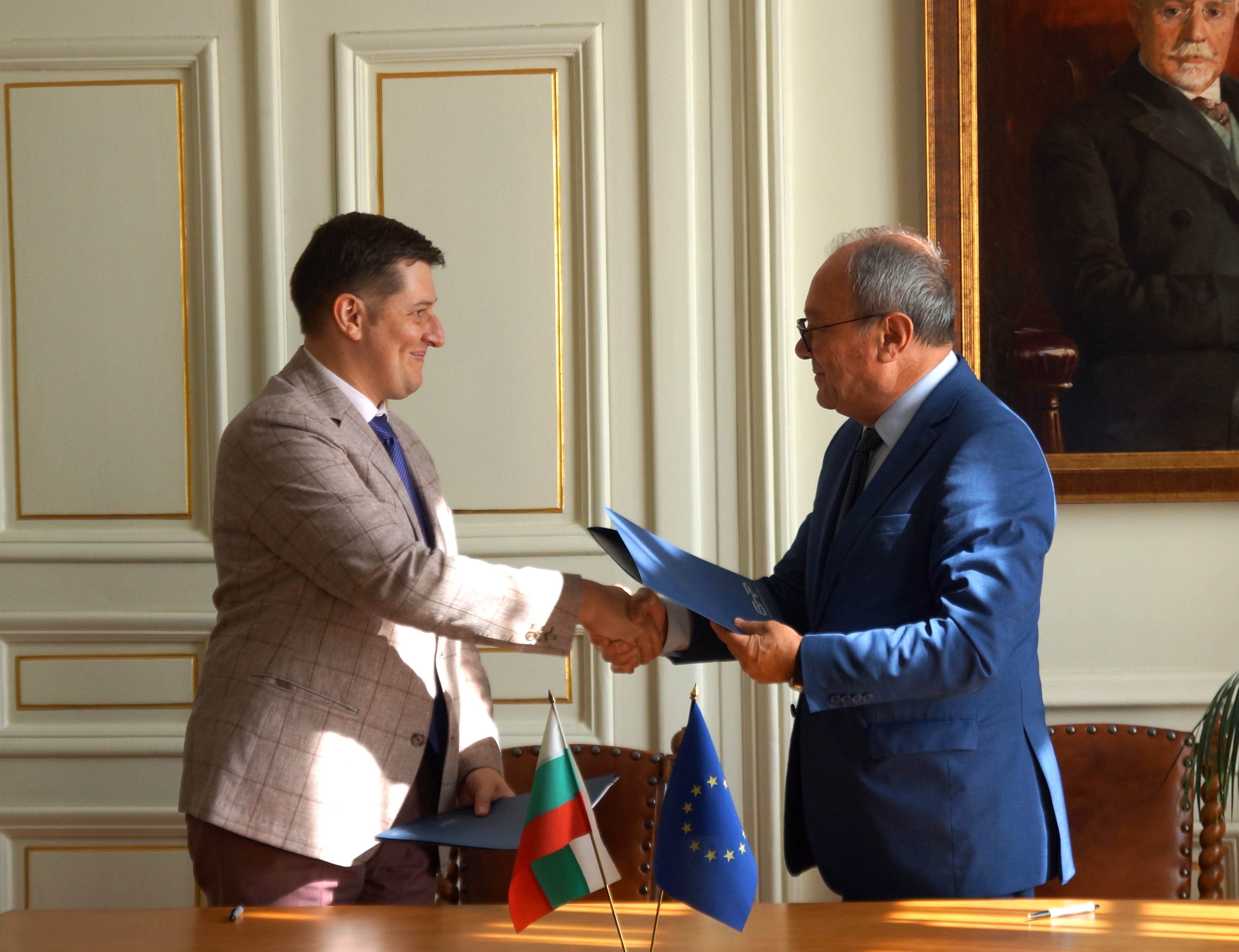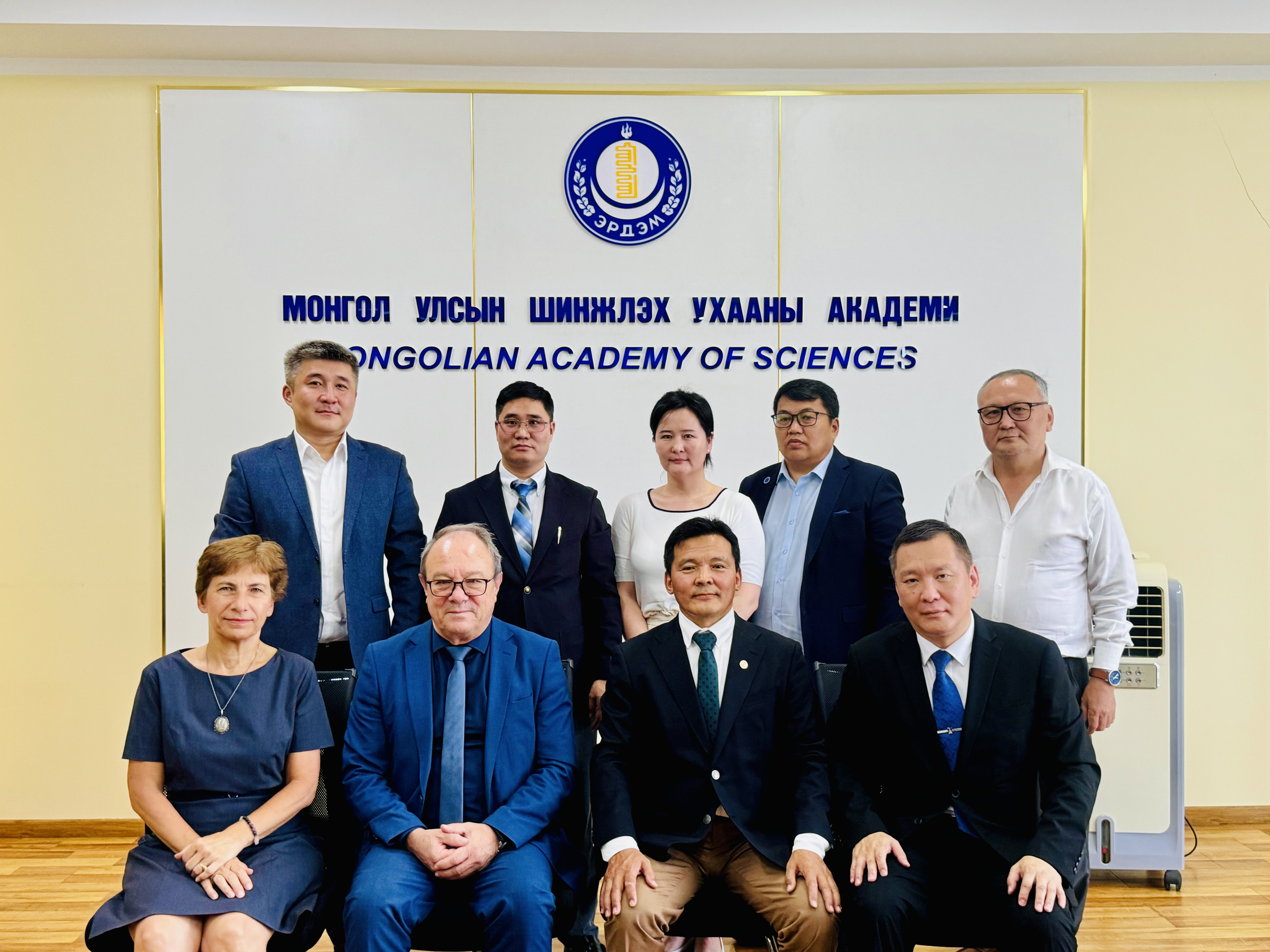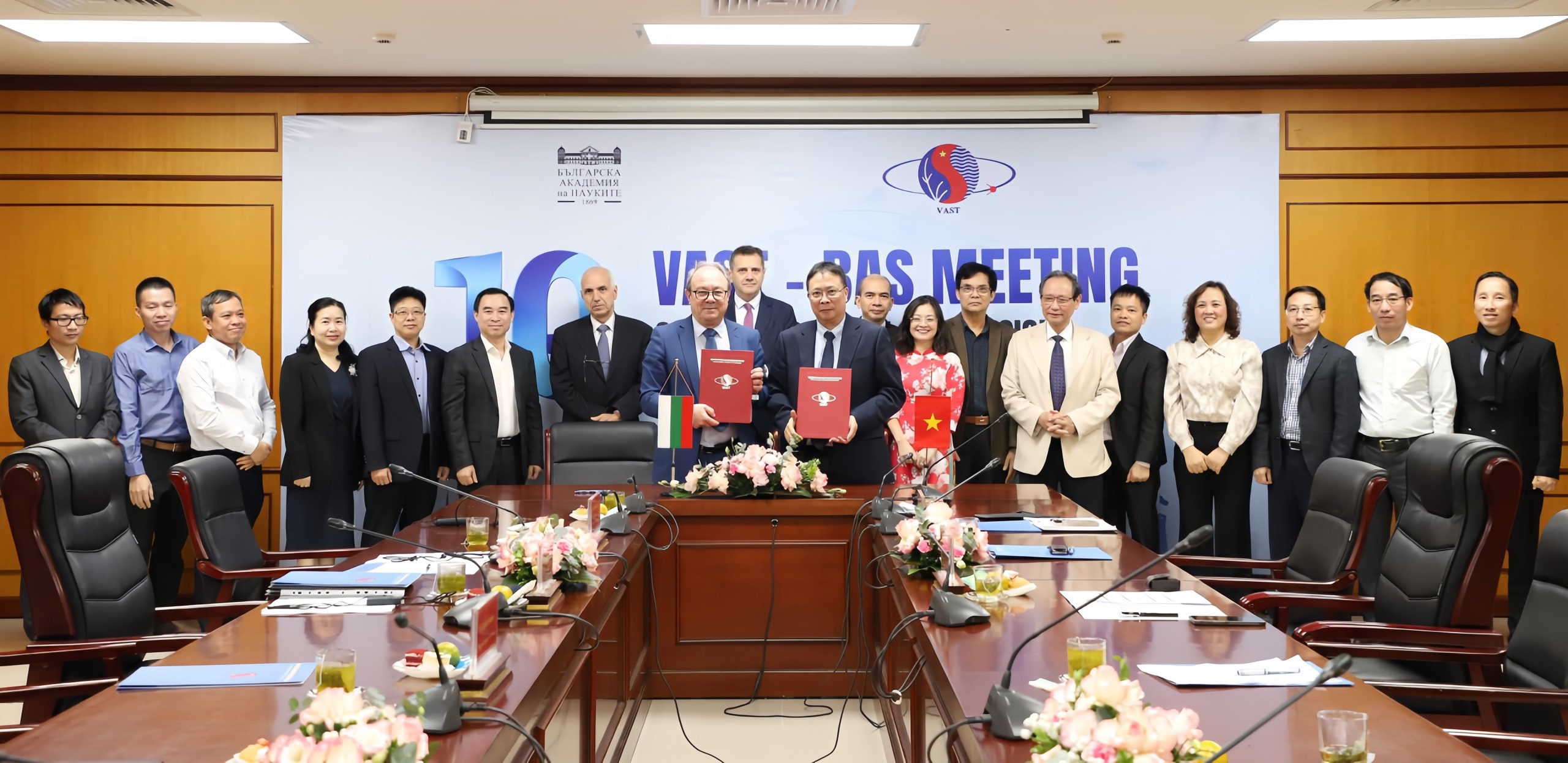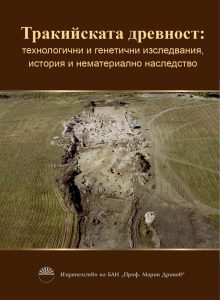 A new book, within the general academic project “Thracians – Genesis and Development of the Ethnos, Cultural Identities, Civilization Relations and Heritage of the Antiquity”, with the results of two years of research work, was official presented by the project manager – Corresponding Member Vasil Nikolov. He emphasized the most important conclusions in each of the 33 articles, included in this book.
A new book, within the general academic project “Thracians – Genesis and Development of the Ethnos, Cultural Identities, Civilization Relations and Heritage of the Antiquity”, with the results of two years of research work, was official presented by the project manager – Corresponding Member Vasil Nikolov. He emphasized the most important conclusions in each of the 33 articles, included in this book.
A total of 72 scholars from 18 institutes of the Bulgarian Academy of Science conducted interdisciplinary research work, the outcome of which is included in this publication. The extensively illustrated collection is named: “Thracian Antiquity: Technological and Genetic Studies, History and Intangible Heritage“.
The book contains a summary of the latest research in humanitarian, natural and applied sciences, showing how the history and culture of our ancestors have affected modern life, said BAS’s Chairman Acad. Yuliyan Revalski. He noted also that this is the first general academic project, outlining BAS’s potential as a scientific organization.
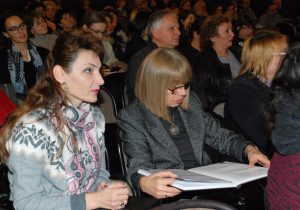
Prof. Radostina Stoyanova, prof. Nikolay Spasov, prof. Anna Choleva-Dimitrova and Assoc. Prof. Valentina Ganeva-Raycheva made a brief presentation of the outcomes of their respective studies, as an example of the multifaceted nature of the book.
The book “Thracian Antiquity: Technological and Genetic Studies, History and Intangible Heritage“ is dedicated to the 75th anniversary of Petar Mandjoukov, who has funded the project. He remarked that it is a unique research work on the Bulgarian history. During the presentation, Petar Mandjoukov stated his gratitude to the scholars from the Bulgarian Academy of Science and his willingness to support the translation and issuance of the book in English.
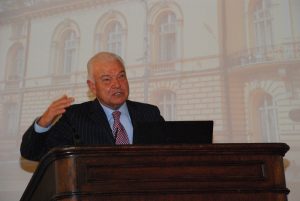 The “Thracians – Genesis and Development of the Ethnos, Cultural Identities, Civilization Relations and Heritage of the Antiquity” project was launched in March 2016. For the first time Thracian culture and heritage are researched on inter-disciplinary basis, the outcomes of complex scientific studies on this matter are presented in an extensively illustrated research collection with colour print, which is doubtlessly a phenomenon in the Bulgarian science and BAS’s contribution to the exposing of European remote past.
The “Thracians – Genesis and Development of the Ethnos, Cultural Identities, Civilization Relations and Heritage of the Antiquity” project was launched in March 2016. For the first time Thracian culture and heritage are researched on inter-disciplinary basis, the outcomes of complex scientific studies on this matter are presented in an extensively illustrated research collection with colour print, which is doubtlessly a phenomenon in the Bulgarian science and BAS’s contribution to the exposing of European remote past.


